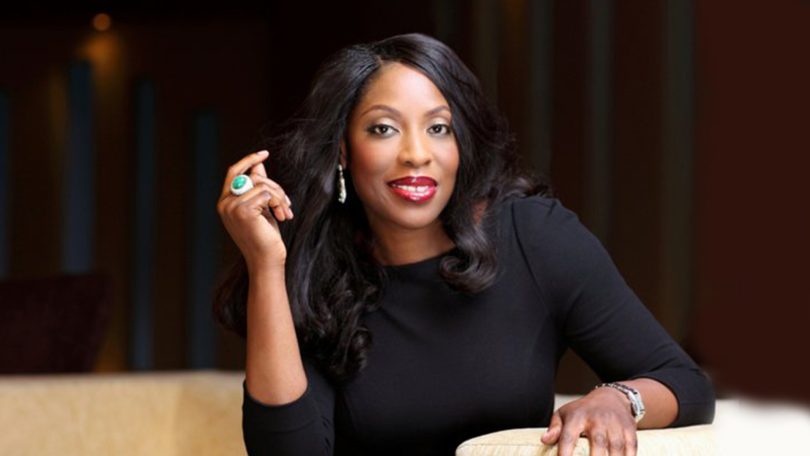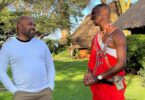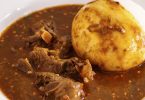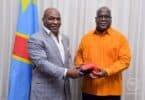You have often heard about respected male leaders across the world, but there is a new phenomenon courtesy of the most powerful women in Africa.
In December 2021, Forbes listed the 100 most powerful women in the world, and three African women made it to the list.
In a move that defies long-held patriarchal norms, they’re swiping into previously male-dominated areas.
Who are they? What do they do, and how are they changing people’s lives? See Africa Today answers all this.
Here are the three most powerful women in Africa.
Dr Ngozi Okonjo-Iweala

Dr Ngozi Okonjo-Iweala. Photo/Financial Times
Ngozi Okonjo-Iweala, is an economist, and international development expert with more than three decades of experience.
Her scope of work took her to Asia, Europe, Latin America, and the United States.
Her appointment as World Trade Organization Director-General in March 2021 made her the first woman and the first African to hold this position at the global trade organization.
The WTO position made her one of the three most powerful women in Africa.
Trade, she says, helps poor countries escape poverty and move towards a more prosperous future. Besides her international portfolio, she has served her people well.
Dr Okonjo-Iweala served as Nigeria’s Finance Minister twice, from 2003 to 2006 and again from 2011 to 2015. She also served as Foreign Minister for a short time in 2006.
She instituted a lot of change in Nigeria when she held the portfolio of a Finance Minister.
By implementing important reforms to these two Ministries and the government machinery, she was recognized for her achievements. A development economist, she rose to the rank of No. 2 Managing Director, Operations at the World Bank after a 25-year career.
Dr Okonjo-Iweala led her country through a variety of reforms, including macroeconomic, trade, financial, and real-estate-related ones, in her capacity as both a development economist and Finance Minister.
The WTO boss chaired the Vaccine Alliance (Gavi) board which has immunized 760 million children around the world under her leadership.
Forbes ranked her 91st most powerful woman in the world.
Mo Abudu

Mo Abudu. Photo. The African Report
Mo Abudu, a Nigerian media entrepreneur, is a global media powerhouse. She founded Ebonylife TV in 2006. She worked as a consultant in human resources management.
As a recruiting consultant with Atlas Recruitment Consultancy in the UK, Mo began her professional career in 1987. She would then join Starform Group in 1990.
In 1993, she returned to Nigeria and was hired by Arthur Andersen to lead ExxonMobil’s Human Resources and Training department.
After years of rendering consultancy in human resources, she launched Ebonylife TV.
The network presently broadcasts in more than 49 African countries, as well as the United Kingdom and the Caribbean.
Sony Pictures Television, AMC Networks, and Netflix have all partnered with Ebonylife TV in the past. An African media business has now struck a multi-title film and television partnership with Netflix for the first time.
Her parents took her to live with her grandmother in Nigeria when she was seven, and she returned to the UK four years later.
The fact that she is the first entrepreneur to own a Pan African network places her among the most powerful women in Africa.
Forbes ranks her 98th among the most powerful female figures in the world.
Samia Suluhu Hassan

Tanzanian President Samia Suluhu Hassan REUTERS/Stringer/File Photo
Samia Suluhu Hassan is without a doubt among the most powerful women in Africa.
After the death of President John Magufuli in March 2021, Suluhu became Tanzania’s sixth president.
She entered the annals of history by becoming the first female President in Tanzania. She entered the political scene in 2015 after Magufuli picked her as his vice president.
She made history in September 2021 when she became the fifth woman to ever address the United Nations General Assembly as a head of state or government from Africa.
During the course of her remarks, she criticized the Covid vaccination disparity.
Suluhu’s harsher Covid regulations, including enforced quarantines for travellers from countries with novel variations, set her leadership apart from that of her predecessor.








